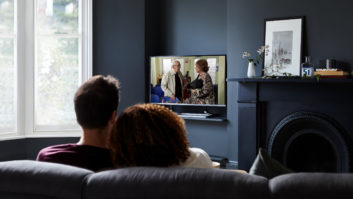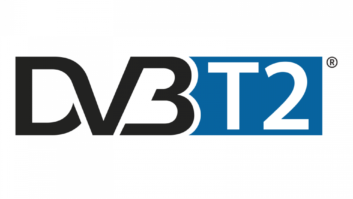
The Green Party, SNP and Plaid Cymru are now expected to join the Conservatives, Labour, Liberal Democrats and UKIP in televised leaders’ debates ahead of the UK General Election in May. The Radio Times reported that the BBC and ITV will stage debates involving the seven parties, marking a change form original plans, which did not offer the SNP and Green Party a platform during the debates.
Ofcom publishes a list of ‘major parties’ ahead of the General Election which is important for the authority’s regulation of election coverage, which includes the requirement of the relevant broadcasters to allocate at least two party election broadcasts to each major party ahead of an election. These broadcasters are listed as ITV, STV, UTV, Channel 4, Channel 5, Classic FM, Talksport and Absolute Radio. Party election broadcasts on the BBC are regulated by the BBC Trust. In Great Britain the ‘major parties’ are defined by Ofcom as the Conservatives, Labour Party and Liberal Democrats, however, it is now consulting on whether the Green Party and UKIP would now also qualify for the major parties list for 2015.
A plan was originally proposed in October which outlined a three-way debate on BBC1, featuring David Cameron (Conservatives), Ed Miliband (Labour) and Nick Clegg (Liberal Democrats), and a four party live event on ITV featuring the same three leaders joined by Nigel Farage (UKIP). Following this, Cameron declined to take part in the debate if it was to include Farage, but exclude Green Party leader Natalie Bennett. During Prime Minister’s Question Time, Miliband branded the move by Cameron as a “pathetic excuse” maintaining that he would take part in a debate with “anyone invited by the broadcasters.”
Seventy-six rules governing the leaders’ debates programmes were published in March 2010, including how the audience were selected, the members of the editorial panel involved and the layout of the set. Ofcom’s role, under duties given by Parliament, is to set rules ensuring due impartiality across broadcast coverage and to require the allocation of party election broadcasts. Broadcasters allocate a minimum of two party election broadcasts to major parties, and a minimum of one party election broadcast to other parties standing candidates in at least one sixth of seats at a General Election. Broadcasters also have the discretion to allocate additional party election broadcasts to major parties.
In response to the news, SNP Westminster leader Angus Robertson MP commented: “If it is true that SNP leader Nicola Sturgeon will be included in UK-wide debates under the broadcasters’ new proposals, it represents very welcome progress. With a larger membership than the Lib Dems and UKIP combined, and more elected MPs than UKIP, the case for including the SNP in the televised debates is unanswerable.”
It is not clear how a seven-part debate would be staged and received by a television audience. In a joint statement, broadcasters BBC, ITV, Channel 4 and Sky said: ‘The broadcasters remain committed to providing election debates in the run up to the General Election.
The debates played an important role in informing millions of our viewers in 2010 and we will continue to work with all the parties to ensure that they happen again in 2015.’
It is expected that a plan will be announced soon.







